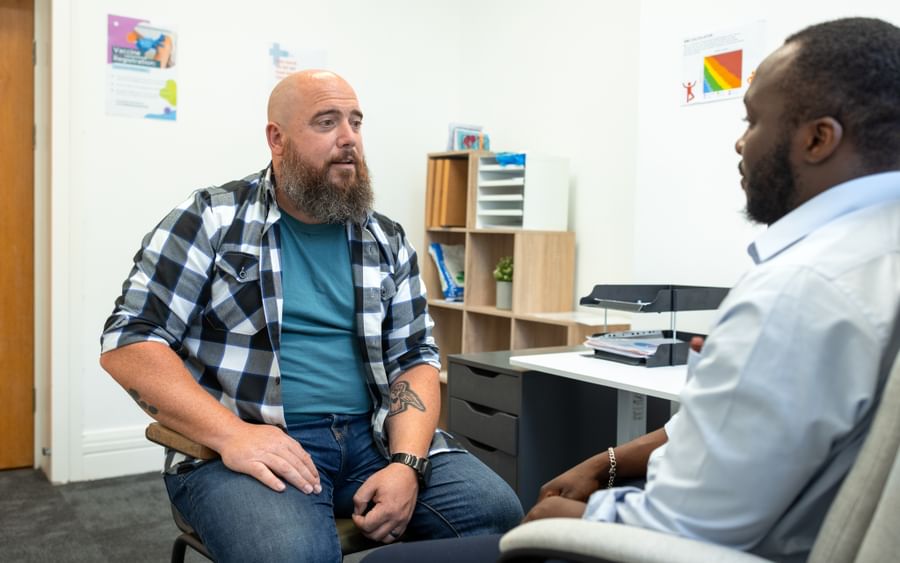What screening tests are available for prostate cancer?
There is currently no national screening program for prostate cancer. However, there are prostate specific antigen (PSA) tests. The test has limitations and it’s important to talk to your doctor about the benefits and risks to make informed decisions about testing.
What is the PSA test for prostate cancer?
The PSA is a blood test which may identify fast-growing cancers that can spread to other parts of the body and would benefit from treatment. It may also find slow-growing tumours that are unlikely to be harmful, and for which having treatment may cause significant and possibly permanent side effects such as sexual impotence, urinary incontinence and bowel problems.
A PSA test, requested by your doctor, should be available to you for free, if you meet eligibility for the test. Your doctor will also be able to explain what the results of your test mean and can also refer you to other tests you may need.
At-home PSA test kits are not recommended. The tests could be unreliable and do not come with qualified medical advice about the results.
For more information, see Cancer Council Australia’s ‘Clinical Guidelines for PSA testing and early management for test-detected prostate cancer’.
Who can have a PSA test for prostate cancer?
If you choose to have regular PSA tests, the current guidelines recommend that:
- men with no family history of prostate cancer can have PSA testing every two years from age 50 to 69 years
- men with a family history of prostate cancer can have PSA testing every two years starting from age 40-45 (depending on how strong the family history is) to age 69.
Complementary or herbal supplements claiming to reduce PSA readings, or to prevent PSA from rising, are not recommended by Cancer Council.
What prostate cancer symptoms should I look for?
Early prostate cancer rarely causes symptoms. Even people diagnosed with advanced prostate cancer may have no symptoms.
You should see your doctor if the following symptoms are ongoing:
- difficulty passing urine
- frequent or sudden need to urinate
- blood in the urine or semen
- a slow flow of urine
- needing to get up at night to pass urine
- feeling like your bladder is not empty after passing urine
- unexplained weight loss
- pain in bones (e.g. the neck, back, hips or pelvis).
Who is at risk of developing prostate cancer?
While prostate cancer is less common if you are aged 50 and under, people aged 40 and over may have a higher risk than average of developing prostate cancer later in life if their PSA test results are higher than the typical range for their age.
Other factors that increase the risk of developing prostate cancer include:
- getting older - especially being aged 50 and over (more than 90 per cent of people diagnosed with prostate cancer are aged 55 and over)
- family history of prostate, breast or ovarian cancer
- being of African or African-American descent.
Family history of prostate cancer
Having a strong family history of cancer can increase the risk of developing prostate cancer.
You may have inherited a gene that increases your risk of prostate cancer if you have:
- several close relatives on the same side of the family with prostate, breast and/or ovarian cancer, especially if due to a fault in the BRCA1 or BRCA2 genes
- a brother or father diagnosed with prostate cancer before the age of 60. In this case, your risk is twice that of others.
If you are worried about your family history, talk to your doctor or call Cancer Council SA on 13 11 20.


